OnJune 2, 2012, the first annual forum of the “Asia - Global Dialogue 2012” was held at PKU Shenzhen’s international conference center. With two and half days in Hong Kong and one day in Shenzhen, this forum attracted attention both globally and domestically. Peking University Shenzhen Graduate School was the last venue of the forum and it was jointly organized by Peking University HSBC Business School and Fung Global Institute on Saturday.

The four hour forum gave prestigious CEOs, scholars, professors and financiers a platform to extensively address the theme, “Re-defining China’s Role in Global Growth.” It is obvious that Asia is becoming a necessary growth engine of the world andthat the global economic balance is tilting towards Asia. Furthermore, China is the largest economy in Asia. This forum offered the unique opportunity to discuss Asia’s economic development, China’s achievements in Asia, urbanization and balance and sustainability in economic development. The forum included several keynote addresses, a networking coffee break and panel discussion.
First, Vice-President of Peking University and Chancellor of PKU Shenzhen
, Hai Wen, Chief Executive of The Hong Kong and Shanghai Banking Corporation Limited
, Peter Wong and Chairman of Fung Global Institute, Victor K Fung gave welcome and introductory remarks. After a cooperation agreement was signed between HSBC Business School and Fung Global Institute, the Asia-Global Dialogue in Shenzhen formally began.
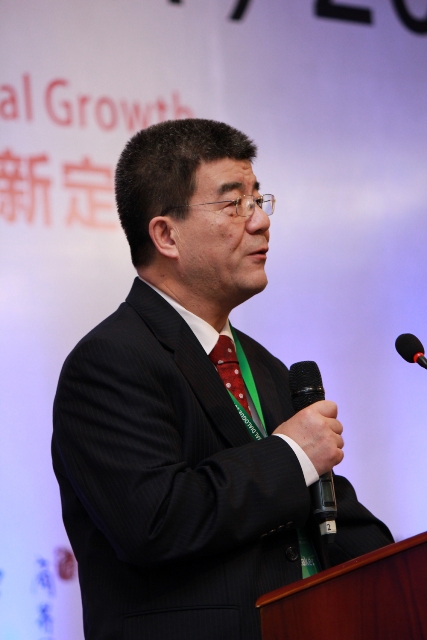
[Chancellor of PKU Shenzhen and Dean of PHBS Hai Wen gave a welcoming speech to open the forum.]
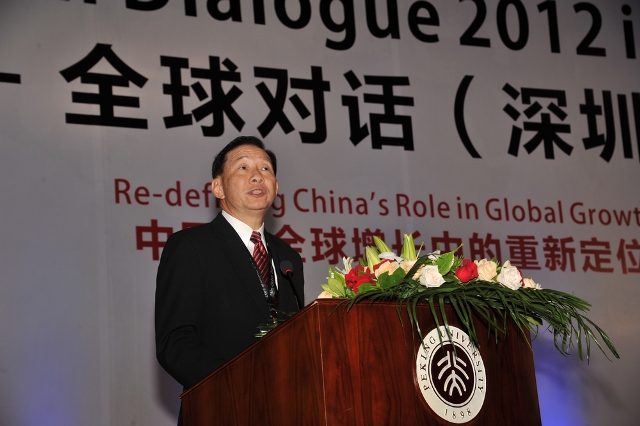
[ Peter Wong, Chief Executive of the Hong Kong and Shanghai Banking Corporation Limited and Chairman and Non-executive Director of HSBC Bank (China) followed with an introductory speech.]
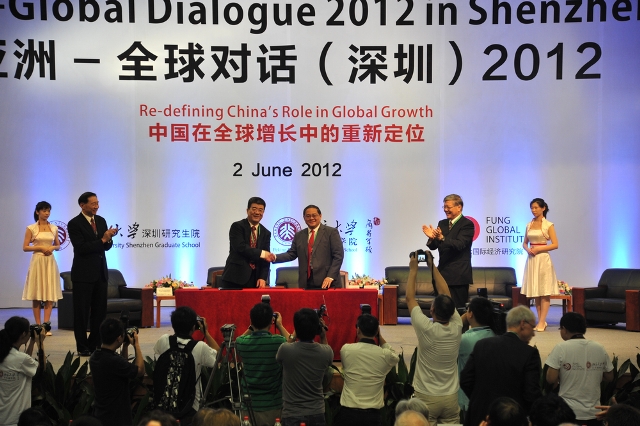
[ Chancellor Hai and Dr. Victor K. Fung, President of the Global Fung Institute, sign a cooperation agreement between PHBS and the Global Fung Institute.]
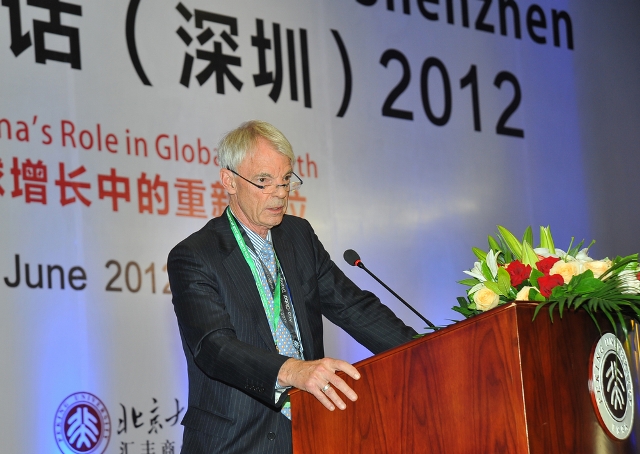
[ Nobel Laureate Michael Spence, Academic Board Chairman of the Fung Institute and New York University Professor, gave a keynote address, “China and Asia in a New Global Economy-Towards Sustainable Growth.” ]
Then Nobel LaureateProfessor Michael Spence, who isAcademic Board Chairman of Fung Global Institute and Professor of Economics of Stern School of Business, New York University, gave a speech titled, “China and Asia in a New Global Economy- Towards Sustainable Growth.” His original views about the importance of sustainable development in China and some other problems such as equitable income distribution were provided appropriate strategy proposals for policymakers. Professor Mao Yushi,Chairman of Unirule Institute of Economics talked about “Mapping the Path to More Balanced Development in China.” He insisted that technology must be commercialized before it can benefit human beings and China's market development needs to be related to policy making to protect safety, free choice and fair competition. Mr. Mao also encouraged students in attendance to make great efforts to increase their knowledge and undertake more responsibility, for China is ageing fast.
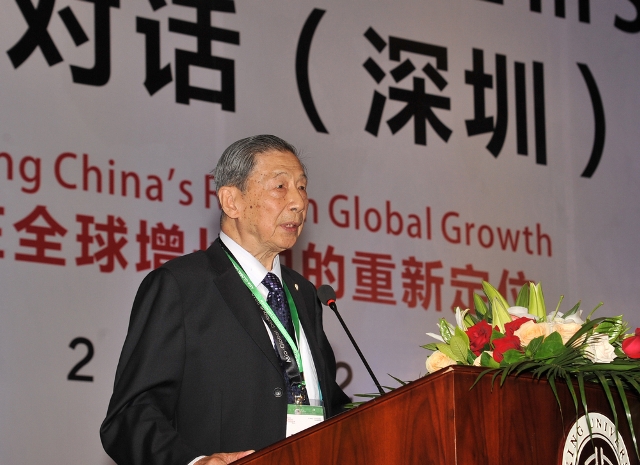
[Chairman of the Unirule Institute of Economics in Beijing, Professor Mao Yushi gave a keynote address, “Mapping the Path to More Balanced Development in China.”]
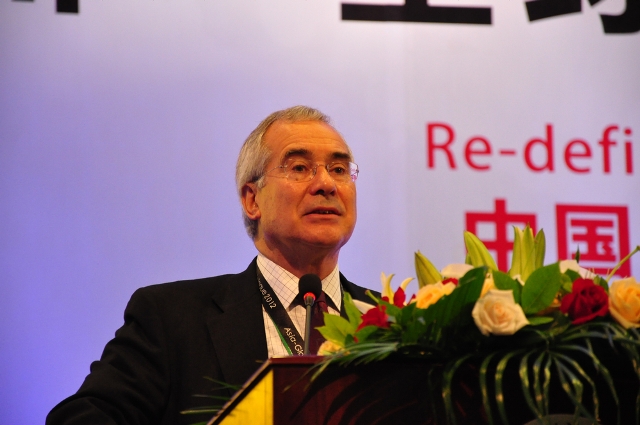
[Professor Lord Nicholas Stern, member of the Fung Institute academic board and professor of the London School of Economics and Politics spoke on “A Strategy for Growth in China and the World in a Difficult Decade for the Global Economy.”]
Lord Nicholas Stern, Academic Board Member of Fung Global Institute and IG Patel Professor of Economics and Government of London School of Economics and Politics, also addressed growth problems in his speech, which was titled, “A Strategy for Growth for China and the World in a Difficult Decade for the Global Economy.” Wang Yiming, Deputy Dean of Academy of Macro Research, National Development and Reform Commission, released some governmental insights about China’s 12th Five-Year Plan.

[The audience of faculty and students then had the opportunity to ask the keynote speakers questions.]
After half an hour coffee break, Professor Xiao Geng presided over the Panel Discussion: Re-balancing China’s Economy – Challenges, Opportunities and Implications.Panelists included five renowned professors and experts. China is changing rapidly as its economy transitions from an export-and investment-led growth model to a consumption-based growth model. The panel considered the structural challenges and implications of this transition and analyzed some important issues such as the extent to which China can realize its current re-balancing goals, what market and institutional reforms are needed to support them and whether China’s policy shift is compatible with continued high growth.
The forum ended with Mr. Andrew Sheng’s wrap-up and closing remarks, after one hour of free discussion. The world is always changing. The relationship between China and the world is a mutual one as China’s redefining role in global growth needs interaction with the whole world. The purpose of this forum was promoting understanding between different regions through insightful speeches and lively discussion.
Written by Jiang Chenchen
Edited by Gretta Herrin